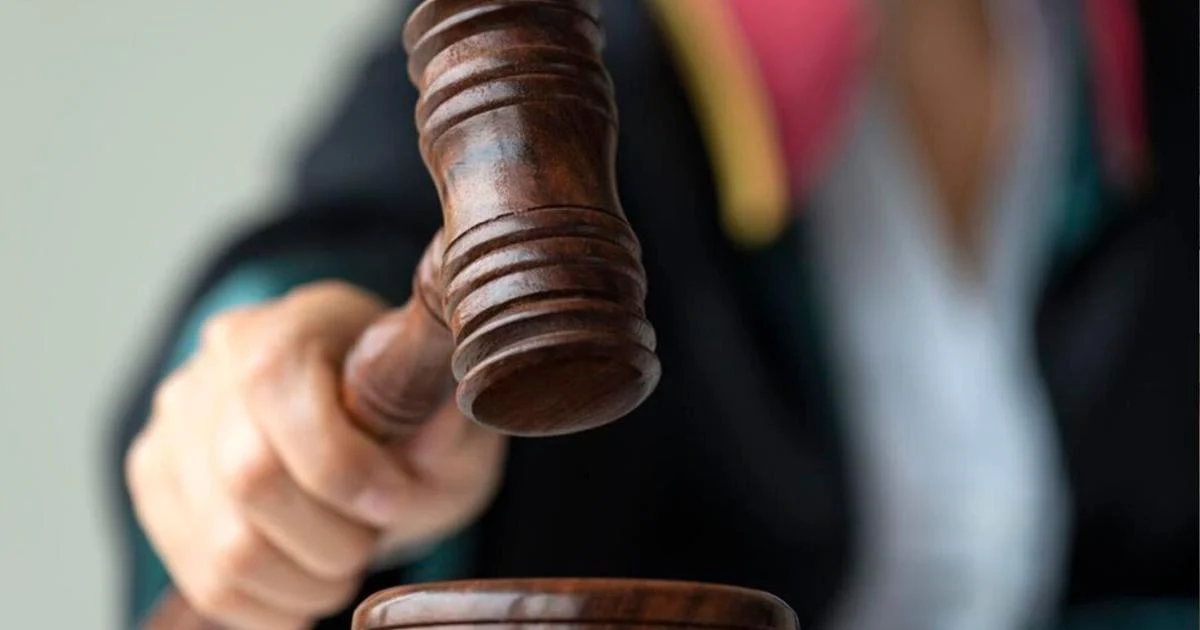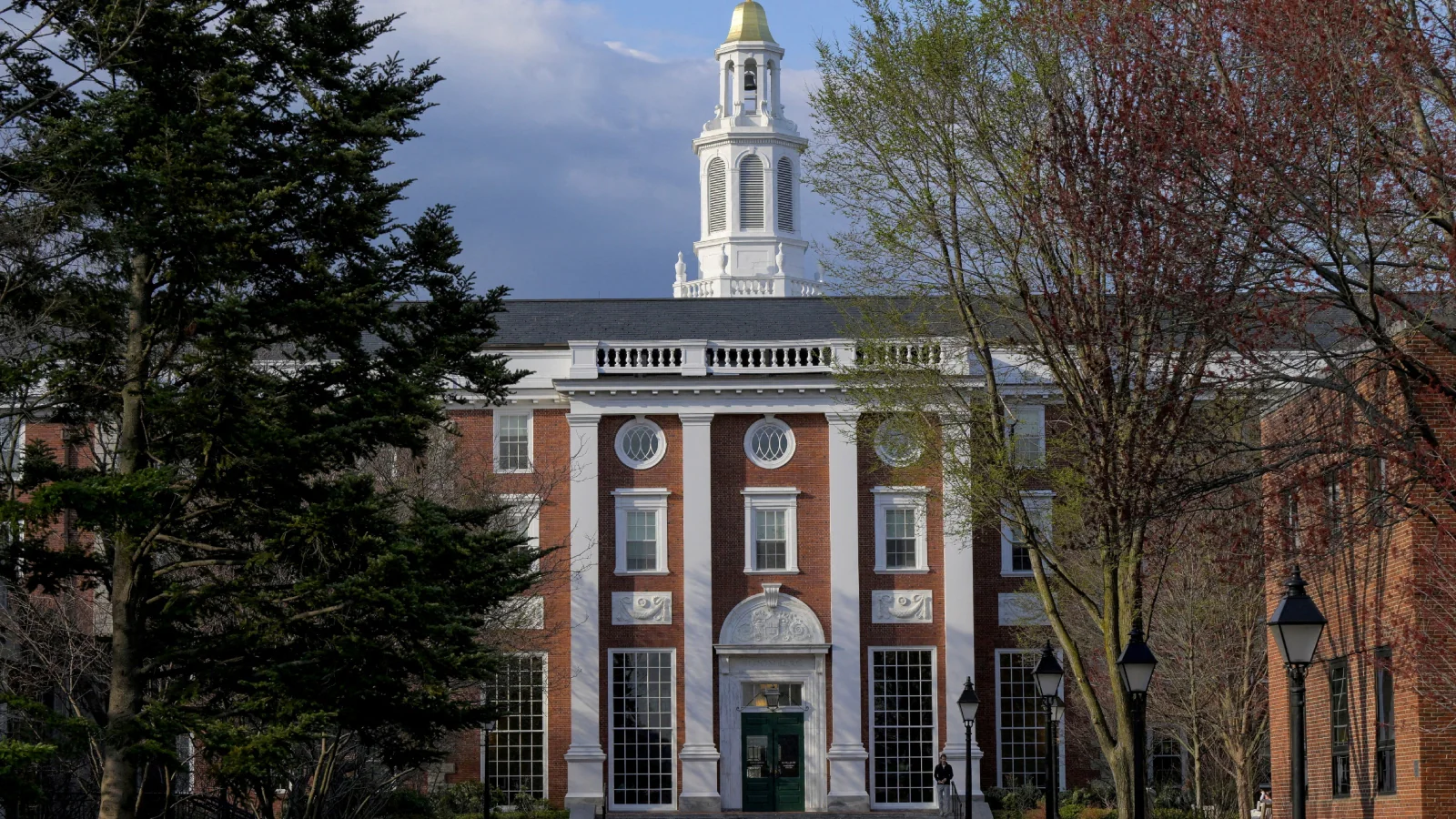
Amid a firestorm over online speech, top Republicans like Vice President JD Vance and U.S. Attorney General Pam Bondi are calling for the government to crack down on certain social media comments about conservative activist Charlie Kirk following his assassination.
After Kirk’s shooting death Sept. 10 on a Utah college campus, businesses, schools and other institutions have taken disciplinary action against employees who allegedly celebrated or mocked Kirk’s death on their social media accounts.
In South Carolina, U.S. Rep. Nancy Mace, R-Charleston, called on supporters to hunt for and report such posts, urging people to turn in workers from child care to health care sectors.
S.C. Attorney General Alan Wilson issued a legal opinion that state law protects school districts which fire employees for misconduct related to such posts. And state Education Secretary Ellen Weaver has urged district superintendents to investigate posted from staff related to Kirk for “unprofessional educator conduct” in accordance with local policies and the state’s standards of professional conduct.
“Teachers carry a weighty responsibility to convey both knowledge and character to their students. The few who fail to uphold reasonable expectations of professional conduct dishonor the service of their peers and breach the trust our parents and communities place in our schools,“ Weaver wrote in a memo to local school officials around the state. ”By addressing these issues swiftly and responsibly, we hold forth the highest example of excellence, integrity, and human decency that our impressionable students deserve to see modeled by the adults they look up to.”
The dizzying discussions online and elsewhere along with actions, including termination, against some people for comments following Kirk’s death raise some questions: What is considered free speech? What isn’t? Can someone be fired or otherwise sanctioned for something they personally post online?
What does the First Amendment protect?
The First Amendment of the U.S. Constitution protects people’s right to express themselves, to gather together and to protest the government, among other things. It prohibits the government from censoring or discriminating against private speech.
Speech does not lose First Amendment protection because it is considered hateful. Even hate speech is protected speech. More on that below.
What doesn’t it protect?
Not all speech is protected by the First Amendment, according to the U.S. Supreme Court. That includes:
Incitement to imminent lawless action
Speech that threatens serious bodily harm
Speech that causes an immediate breach of the peace
Obscenity and child pornography
When it comes to the right to speak about public figures — including events like Kirk’s death — for public employees, it’s a bit more complicated.
The U.S. Supreme Court’s 1968 decision Pickering v. Board of Education ruled that teachers and other public school employees retain their First Amendment rights to comment on issues of public debate.
But public employees can be censured for speech deemed so inflammatory that it hampers their ability to do their job as a public worker, said Allen Chaney, legal director for ACLU South Carolina.
Why are people losing their jobs?
On Sept. 11, Greenville County Schools fired a teacher for a social media post about Kirk’s assassination.
The post has since been taken down. In it, the account owner identified as “Wynne Bo” of Greenville offered “thoughts and prayers” to Kirk’s children for the Sept. 10 fatal shooting of their father. He then added: “IMHO America became greater today. There I said it.”
Clemson University fired three employees — two professors and another staff member — for posting similar “inappropriate” messages. Coastal Carolina University fired one employee and suspended another suspended without pay for social media posts, and University of South Carolina Union also disciplined at least one employee.
Whether the content is protected by the First Amendment or as a political opinion still isn’t clear. There are various factors at play, including the content of the message, company policy, different standards for public and private employers, and the fact that South Carolina is an at-will employment state.
Under South Carolina law, it is a misdemeanor crime to fire someone for their political opinions, said Kathryn Tanner, an associate for Shumaker law firm in Charleston.
Political opinions are generally protected under both the First Amendment and South Carolina law, but what exactly falls under “political opinions” is yet to be defined by Legislature, particularly in this context, Tanner said.
“For public employees who engage in social media activities that implicate matters of public concern, courts will focus on whether the employee’s interest in speaking outweighs the government’s interest,” explained Tricia Magee, partner with Shumaker in its North Carolina office. “Courts will focus on the context in which the speech was made, including the employee’s role and the extent to which the speech impairs the efficiency of the workplace.”
She added that certain aspects of the First Amendment can also prohibit a public employer from controlling or censoring its employees’ speech, especially when made from their own personal devices or on their own personal time.
What about academic freedom?
Academic freedom protects speech in classrooms, in research and what is called extramural speech — speech outside of classrooms and research, said Matthew Boedy, professor of rhetoric at the University of North Georgia and president of the local chapter of the American Association of University Professors.
Academic freedom does not protect social media posts, especially if those posts are about events and people that have nothing to do with a professor’s academic qualifications.
What is the Trump administration saying about this?
In the fallout from Kirk’s death, President Donald Trump and other senior White House officials have vowed to target left-leaning organizations, while Attorney General Pam Bondi promised to target “hate speech.”
In appearances on Kirk’s radio show Sept. 15, Vance and deputy chief of staff Stephen Miller promised to crack down on “radical left lunatics.”
“The First Amendment protects a lot of very ugly speech, but if you celebrate … Charlie Kirk’s death, you should not be protected from being fired for being a disgusting person,” Vance later told Fox News. “If you are a university professor who benefits from American tax dollars, you should not be celebrating Charlie Kirk’s death and if you are, maybe you should lose your job or your university should face a loss of funding.”
They also vowed to send the Department of Justice and the Department of Homeland Security after unidentified networks they claimed were stoking political violence.
Asked by reporters about Bondi’s remarks Sept. 16, Trump threatened to go after members of the media for coverage of his administration — which he claimed was “hate.”
That rhetoric is “chilling” and “definitely a distortion of the law which protects hate speech under the First Amendment,” said Zach Greenberg, faculty legal defense and student association counsel at the Foundation for Individual Rights and Expression, one of the nation’s largest free speech groups.



